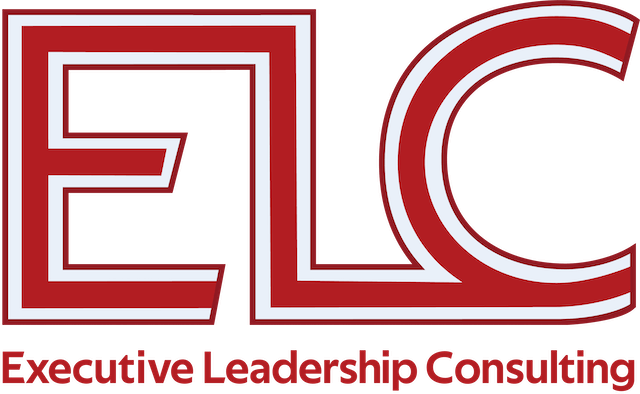How To Build a Culture of Continuous Improvement
Organizations can always improve something. Nothing is ever flawless, no matter how much we wish it could be. If you accept this reality, you can help your team create an environment of continuous improvement. When we accept that flaws exist, we provide the freedom to focus on improvement. When someone makes a mistake, correct it and continue on toward your objectives. Encourage…











